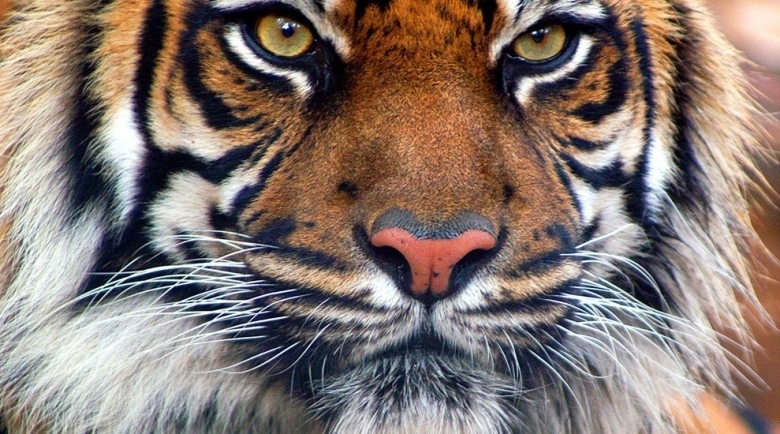
The global loss of species is worse than previously thought, the London Zoological Society says in its new Living Planet Index. The report suggests populations have halved in 40 years, as new methodology gives more alarming results than in a report two years ago. The report says populations of mammals, birds, reptiles, amphibians and fish have declined by an average of 52%.
Populations of freshwater species have suffered an even worse fall of 76%. Compiling a global average of species decline involves tricky statistics, often comparing disparate data sets – and some critics say the exercise is not statistically valid. The team at the zoological society say they’ve improved their methodology since their last report two years ago – but the results are even more alarming.
Then they estimated that wildlife was down "only" around 30%. Whatever the numbers, it seems clear that wildlife is continuing to be driven out by human activity. The society’s report, in conjunction with the pressure group WWF, says humans are cutting down trees more quickly than they can re-grow, harvesting more fish than the oceans can re-stock, pumping water from rivers and aquifers faster than rainfall can replenish them, and emitting more carbon than oceans and forests can absorb.
